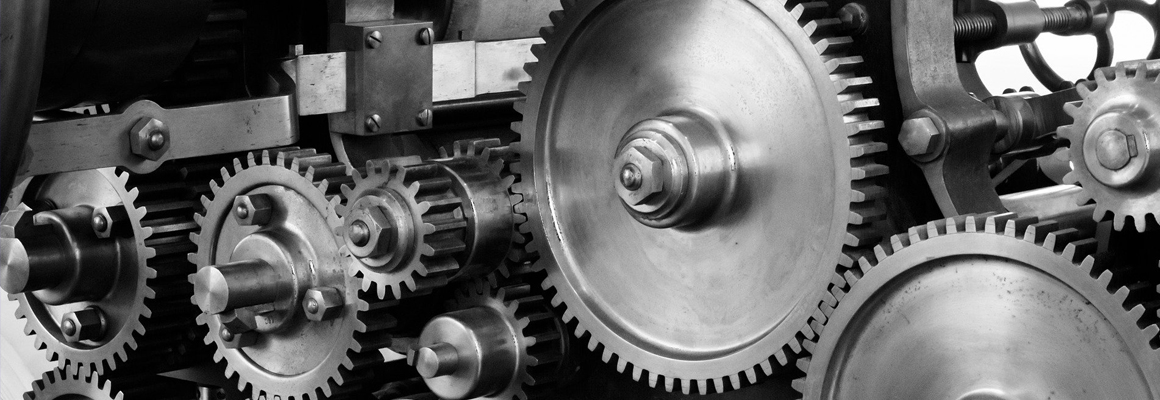What Factors Influence the Purchase of Waste Sorting Equipment?
Understanding the Importance of Waste Sorting Equipment
When it comes to environmental sustainability and effective waste management, the right equipment is crucial. Purchasing waste sorting equipment necessitates a better grasp of various factors that can influence the decision-making process. Making informed choices can significantly enhance waste management efficiency and promote recycling efforts.
For more Waste Sorting Equipment Supplierinformation, please contact us. We will provide professional answers.
1. Analyze Your Waste Management Needs
Before considering which waste sorting equipment to purchase, it's essential to conduct a thorough analysis of your specific waste management needs. Different facilities generate different types of waste, whether it be in a municipal setting, a commercial establishment, or an industrial environment. For instance, a restaurant may primarily deal with organic waste, while an electronics manufacturing plant will generate hazardous materials.
Recommendation: Conduct an audit of the types and quantities of waste your facility produces. This will help you determine the best equipment that will not only sort waste effectively but also cater to the specific waste streams you handle.
2. Evaluate the Equipment Options Available
Not all waste sorting equipment is created equal. Depending on your needs, you may require equipment ranging from basic manual sorting bins to advanced automated systems.
For example, businesses looking for high efficiency may consider investing in conveyor belts and optical sorting devices that utilize AI technology to identify recyclable materials. On the other hand, smaller operations could be adequately served with color-coded bins that allow for simple manual sorting.
Recommendation: Research various types of waste sorting equipment available in the market. When evaluating options, look for equipment that is adaptable, as waste sorting needs may change over time.
3. Consider the Capacity and Space Requirements
Another critical factor to think about is the capacity of the waste sorting equipment you are considering. Equipment that is too small might not accommodate the volume of waste generated, leading to inefficiencies. Conversely, oversized equipment may take up valuable space unnecessarily.
Recommendation: Measure your space and evaluate the expected waste volume over time to choose equipment that fits both your operational needs and available space. Consulting with a reputable Waste Sorting Equipment Supplier can provide insights into models that maximize efficiency without wastage of space.
4. The Role of Technology in Waste Sorting
With rapid advancements in technology, modern waste sorting equipment now includes features that improve accuracy and reduce labor costs. Technologies like AI, machine learning, and sensor systems can streamline the sorting process, efficiently distinguishing between various materials.
Recommendation: When purchasing waste sorting equipment, consider investing in the latest technology that aligns with your operations, as this can lead to substantial long-term savings. A collaboration with a trusted Waste Sorting Equipment Supplier can also facilitate acquiring cutting-edge systems that can boost your operational efficiencies.
5. Budget Constraints
Purchasing waste sorting equipment is an investment that requires careful consideration of budgeting constraints. It is imperative to assess not only the initial purchase cost but also the long-term operational costs, including maintenance and energy consumption.
Recommendation: When budgeting, look for flexible financing options or grants targeted toward green initiatives. Additionally, shopping around for quotes from different Waste Sorting Equipment Suppliers can help you find the best deal without compromising on quality.
Common Questions About Waste Sorting Equipment
Q1: What are the benefits of investing in waste sorting equipment?
A1: The benefits include improved recycling rates, reduced landfill use, lower operational costs, and enhanced compliance with environmental regulations, all contributing to a more sustainable business model.
Q2: How do I choose the right Waste Sorting Equipment Supplier?
A2: Look for suppliers with a strong reputation, positive customer feedback, comprehensive warranties, and ongoing support services. Ask for references and case studies demonstrating their expertise.
Q3: Can I retrofit my current waste management system with new equipment?
A3: Yes, many waste sorting systems are designed to be modular, allowing for retrofitting into existing setups. A consultation with a Waste Sorting Equipment Supplier can provide insights on possible improvements to your current system.
Conclusion: Making Informed Decisions
Purchasing waste sorting equipment is a critical investment aimed at enhancing waste management efficiency. By evaluating your needs, considering technological advancements, and consulting knowledgeable suppliers, you can make informed choices that positively impact your environmental footprint. Remember, the right equipment not only improves recycling rates but contributes to a sustainable future for all.
Are you interested in learning more about Waste Sorting Machine Manufacturer? Contact us today to secure an expert consultation!
163
0
0
All Comments (0)
Previous: Ôi wow! Khám Phá Băng Tải Thành Bên Từ HIHERO - Giải Pháp Hoàn Hảo Cho Doanh Nghiệp!
Next: Mastering Tin Zinc Electroplating: Tips for Optimal Coating
If you are interested in sending in a Guest Blogger Submission,welcome to write for us!




Comments